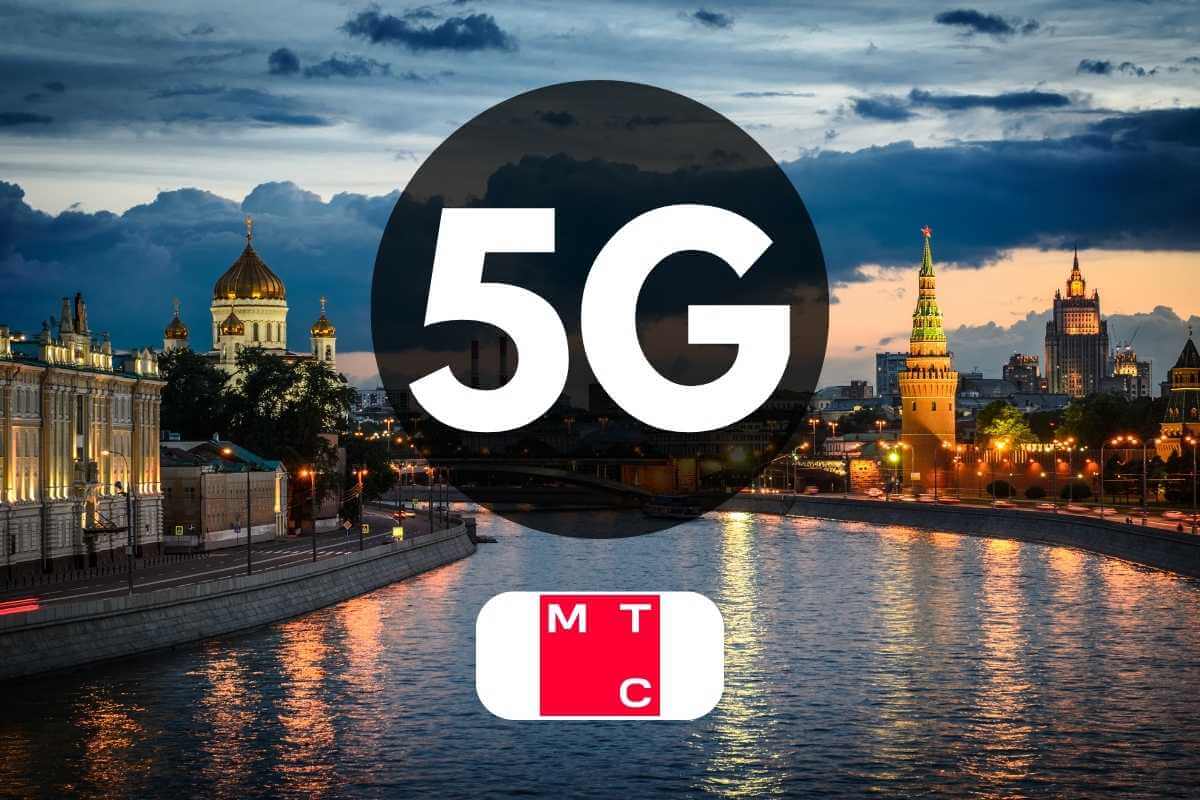
Irteya, the subsidiary of the Russian mobile operator and digital ecosystem provider MTS, plans to develop 4G LTE/5G base stations based on OpenRAN architecture, as reported by Vedomosti. The company intends to allocate RUB 5.6 billion for the development of telecom equipment and also expects to receive RUB 5.4 billion from the state budget for the initiative from 2023 to 2026.
Also Read: Ucom Starts Mobile Network Upgrade for Enhanced Services in Armenia
Irteya to Develop 4G, 5G Base Stations
This information is included in the roadmap "Modern and promising mobile networks" for the period up to 2030, according to the report. The proposal document was finalized at the beginning of 2023. In particular, a decree has been signed for the additional allocation of RUB 3.5 billion for the development of mobile communication base stations.
Irteya's base stations are scheduled to launch in September 2024. By June 2026, the company plans to commence serial production of up to 20,000 units per year, according to the report.
OpenRAN is a new approach to telecom equipment that allows operators to use more open and modular components. This can lead to lower costs and greater flexibility in network deployment.
MTS to Switch Off 3G Mobile Services in Moscow
In other developments, according to multiple reports, Mobile TeleSystems (MTS) will switch off 3G mobile services throughout metropolitan Moscow and all other zones within the Central Ring Road of the Moscow region by the end of the year 2023. The switch-off of 3G also involves refarming 2100 MHz 3G base stations to the 4G LTE 2100 standard in the 3G phase-out areas. This will result in a 30 percent increase in data speeds and a 28 percent increase in network capacity.
Also Read: MTS and Matrix Wave Successfully Test Domestic mmWave Repeater for 5G Networks
MTS and Matrix Wave Test 5G Millimetre-Wave Repeater
MTS and Matrix Wave also successfully tested a domestic millimetre-wave (n257) repeater for 5G networks, as reported by TelecomTalk in May. The demonstration showcased the retransmission of a signal within the 26.5-29.5 GHz band into a blind zone, from inside a room to the street, turning a corner. MTS reported that the downlink data transfer rate exceeded 1.3 Gbps during the tests.















